POR CRISTINA BONILLO / PERIODISMO COMUNITARIO
A través de varias campañas, organizaciones de mujeres, de la sociedad civil, instituciones estatales y organismos de cooperación internacional, pretenden poner fin a la violencia que afecta a las mujeres guatemaltecas, y que en lo que va del año ha cobrado la vida de más de 600.
La iniciativa internacional 16 días de activismo para la eliminación de la violencia contra las mujeres, encabezada por la ONU, la Comisión Europea y la Secretaría Presidencial para la Mujer, organiza actividades culturales, desde el próximo 25 de noviembre hasta el 10 de diciembre —teatro, cine, conciertos—, talleres, capacitación y marchas por todo el territorio nacional. Se trata de sensibilizar a la sociedad y cambiar el imaginario cultural que se tiene de que, cuando una mujer es víctima de violencia, es “porque algo habrá hecho”, explicó la secretaria para la Mujer, Sonia Escobedo.
Pocos avances
Pedro Henríques, representante de la Comisión Europea, recordó que en Guatemala “son pocos los progresos” que se han dado para detener la violencia contra las mujeres. “El asunto va más allá de la situación de inseguridad, ya que contra la mujer no solo se dan asesinatos, sino otros tipos de violencia física, psicológica, patrimonial, económica y sexual”, expresó. La mayoría de estos tipos de abuso se invisibilizan, especialmente en lo relativo a la violencia económica.
Nadine Gasman, representante de las Naciones Unidas, refirió que la violencia contra las mujeres “supone una carga devastadora” para Guatemala, y manifestó que el Gobierno tiene aún muchos retos por cumplir, entre ellos la asignación de más fondos para la justicia y la salud, así como la capacitación de personal de todos los ámbitos y en lo relativo a los derechos de la mujer. También recordó que es necesario acabar con la brecha étnica existente en el país, ya que las mujeres indígenas son las que menos acceso a servicios y oportunidades tienen.
Conflicto armado y mujer
Otras iniciativas presentadas ayer apuestan por sacar del silencio a las mujeres que fueron asesinadas o violadas durante el conflicto armado, entre ellas el I festival regional por la memoria Mujeres y guerra, que se llevará a cabo en Huehuetenango, del 25 al 27 de noviembre.
Por su parte, la Unión Nacional de Mujeres Guatemaltecas aprovechará la celebración del Día Internacional de la no Violencia contra la Mujer para denunciar la impunidad en la que quedaron las víctimas de femicidio durante la guerra, así como las condiciones de pobreza extrema en que viven éstas, el racismo contra la mujer indígena y la ausencia de condiciones para el ejercicio pleno de la ciudadanía de miles de mujeres en todo el país.
Para ello participarán en marchas, y presentarán obras de teatro, cine y foros en varios puntos del país.
VÍCTIMAS
En el 2008 han sido asesinadas más mujeres que en el 2007, pese a la aprobación de la Ley contra el Femicidio.
• En el 2008 han sido asesinadas 626 mujeres, frente a las 590 víctimas del 2007.
• La mayoría de ataques han sido con arma de fuego, seguido por arma blanca y estrangulamiento.
• Desde el 2001, cuatro mil féminas han sido asesinadas y más del 90 por ciento de los casos no han sido resueltos.
• De seis mil denuncias por violencia intrafamiliar, sexual y femicidio, solo mil 800 llegaron a tribunales.
• El 80 por ciento de las mujeres no denuncia, por miedo a represalias.
• La capital es la más afectada, seguida de Escuintla, Petén, Izabal, Suchitepéquez y Chiquimula, según el Ministerio de Gobernación.

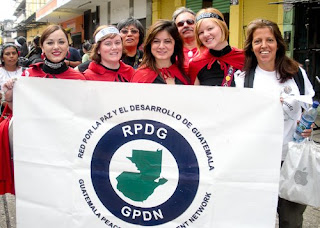 The No Violence Against Women March this year comprised about 40 groups and 3000 participants, slightly smaller than last year, but this is probably not because there is less violence, but because people are afraid of violence. One group we work with told us that they didn’t participate this year because of recent death threats.
The No Violence Against Women March this year comprised about 40 groups and 3000 participants, slightly smaller than last year, but this is probably not because there is less violence, but because people are afraid of violence. One group we work with told us that they didn’t participate this year because of recent death threats. This young man was selling nuts and candy on the street.
This young man was selling nuts and candy on the street.














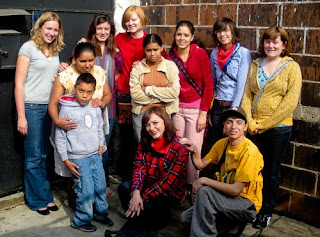

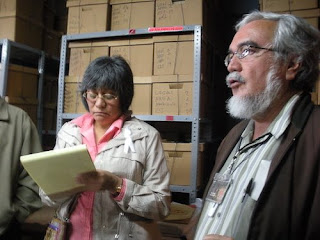

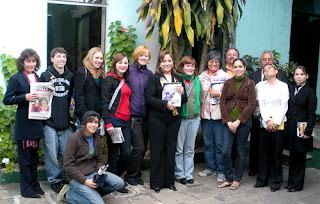
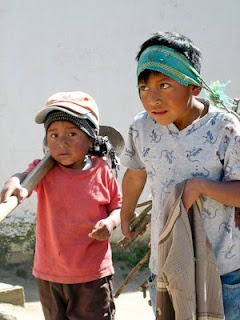


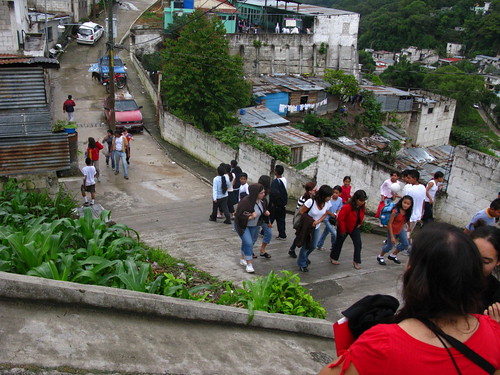
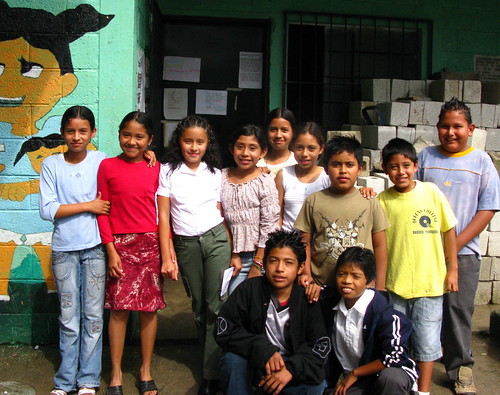
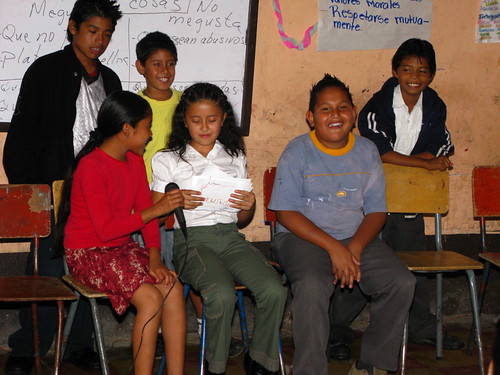
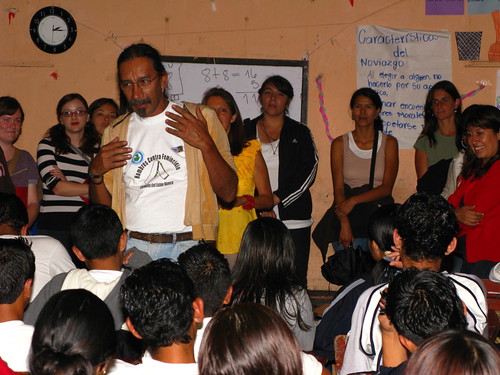
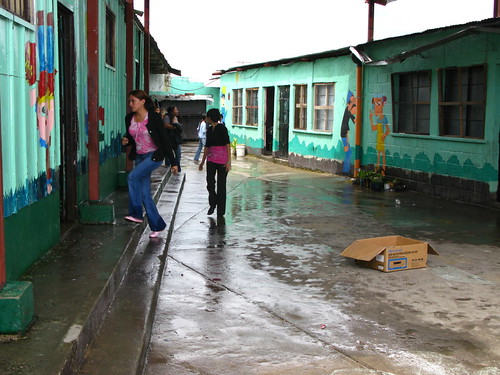
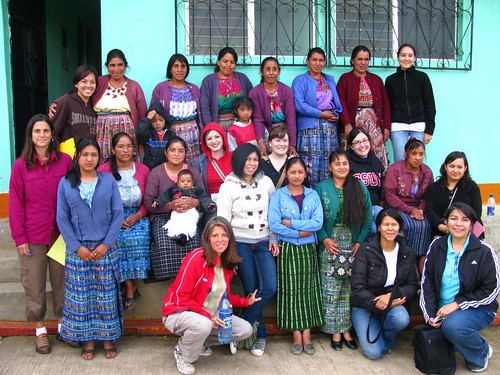
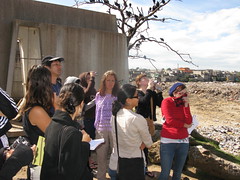
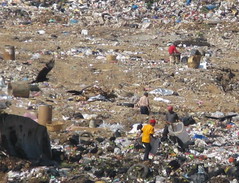
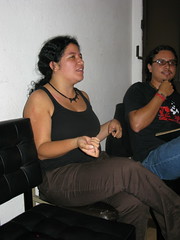
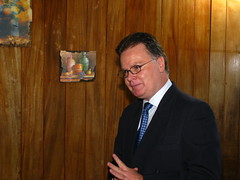



 Proud Founder Member of the Guatemala Peace and Development Network
Proud Founder Member of the Guatemala Peace and Development Network